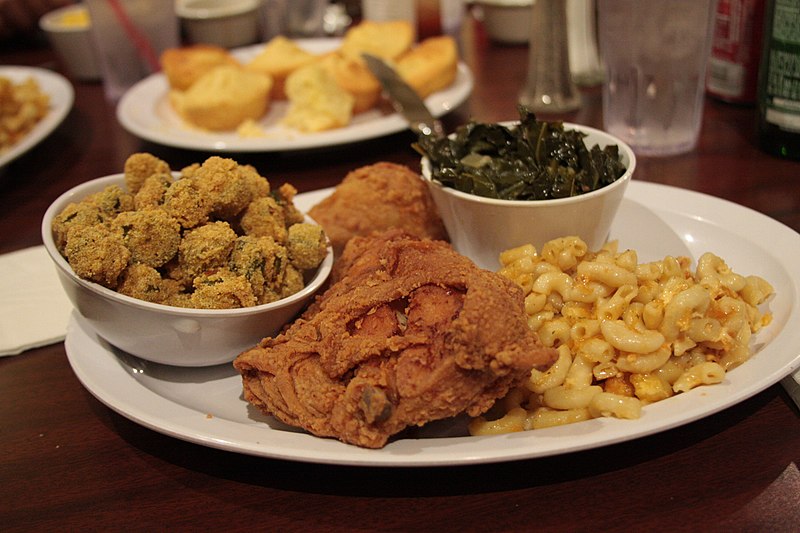In WABE’s series “Atlanta’s Savory Stories,” our food contributors, culinary historian Akila McConnell and chef Asata Reid bring us histories and recommendations from Atlanta’s diverse culinary landscape. The theme for this year’s Black History Month is “Black Resistance,” and fittingly, our guides presented a brief history of food as a form of nonviolent resistance. Beyond the well-known, history-making activism of Rosa Parks, Congressman John Lewis and Dr. Martin Luther King, Reid and McConnell wanted to celebrate the changemakers who made their marks as food entrepreneurs and restaurateurs.
“I would venture to say that there is no city in America in which restaurateurs have risen up more than Atlanta,” McConnell said. “Resistance is in our food DNA, and giving back is who we are as a food community.” She began the journey in 1949, when Atlanta was no more than a village, with the story of Ransom Montgomery. He was an enslaved man who, witnessing a railroad bridge on fire, bravely and single-handedly put out the fire, saving lives and earning the grateful attention of the local government.
“For this heroic act, the state of Georgia purchased his manumission, and he technically became the only slave owned by the state. But, for all intents and purposes, he was a free man, and the grateful railroad gave him a small property near the railroad station in the village of Atlanta,” McConnell said. With his new land, Montgomery opened the city’s first food vendor, selling cakes and coffee at the train depot, and his earnings eventually went on to fund the building of a church for enslaved people — Big Bethel AME, the iconic landmark of Atlanta’s Sweet Auburn neighborhood that launched the Civil Rights Movement.
Among other notable figures cited by McConnell and Reid are Georgia Gilmore, who fed fried chicken sandwiches to Montgomery Bus Boycotters, Robert and James Pascal of Paschal’s Restaurant in Atlanta, and even the writer Amiri Baraka who first coined the term “soul food.” They also unpacked the complicated history of the watermelon, originally brought by the enslaved from Africa, later to become an agricultural economic engine for Black incomes and a symbol of Black freedom. The success of the watermelon came much to the chagrin of white segregationists, who then tried (and failed) to sabotage the South’s love for the fruit by spreading racist tropes and caricatures of Black folk eating watermelon.
To highlight more recent Atlanta food heroes keeping the resistance alive, Chef Reid shouted out a particularly surprising phenomenon she experienced first-hand. “I want to start by trying to describe this electric event I stumbled across during the local elections last November,” said Reid. “Across the street from the Metropolitan Library there was a whole party going on. I had to stop. There was a drumming beat, people on megaphones, a circle of food trucks and of course, the aroma of something fried, something sweet and something savory.”









